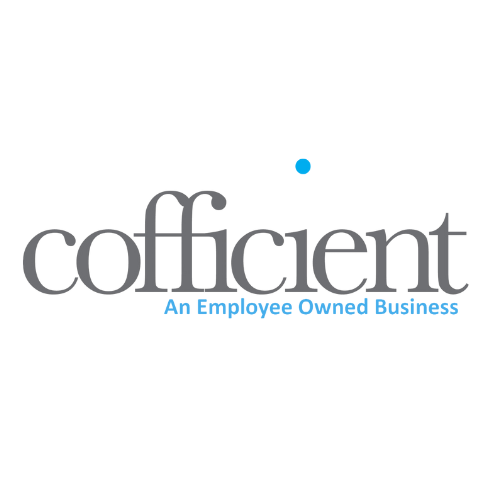
Integrating NetSuite ERP for Seamless Business Operations
Efficient and integrated systems are paramount in today’s modern businesses. Enterprise Resource Planning (ERP) systems have become indispensable tools for companies seeking to optimise their operations. Among these systems, NetSuite ERP stands out for its comprehensive capabilities and increasing adoption across various industries. As an official NetSuite partner, we share insights on leveraging NetSuite ERP for improved business performance.
Understanding NetSuite ERP
Focusing on NetSuite ERP, we uncover the core features that make it a standout choice for businesses:
- Comprehensive Integration: NetSuite ERP integrates various business functions, including finance, inventory, and CRM, into a single, unified system.
- Real-time Analytics: Offers real-time data and analytics, aiding in informed decision-making.
- Cloud-based Solution: Its cloud-based nature ensures accessibility and scalability.
Benefits of Integrating NetSuite ERP
Among the many benefits of NetSuite ERP, enhanced data accuracy and visibility play a pivotal role in business transformation.
- Improved Data Accuracy and Visibility: Ensures accurate, real-time visibility of business operations.
- Enhanced Financial Management and Reporting: Streamlines financial processes, improving reporting and compliance.
- Streamlined Inventory and Supply Chain Management: Efficiently manage supply chains, reducing costs and improving delivery times.
- Automation of Repetitive Tasks and Processes: Increases efficiency by automating routine tasks.
- Better Customer Relationship Management (CRM): Strengthens customer relationships through effective management and engagement strategies.
Steps to Integrate NetSuite ERP
The NetSuite ERP integration process includes key steps for efficient setup and operation. It starts with pre-integration planning to tailor the system to business needs, followed by selecting the right ERP package based on business size and scope. Next, data migration strategies are employed for smooth data integration. The system is then customised to meet unique business requirements, and employees are trained for effective use. Finally, the integration wraps up with ongoing support and maintenance to ensure continued efficiency and resolve issues.
Overcoming Challenges in Integration
Despite its benefits, integrating NetSuite ERP comes with its set of challenges.
- System Compatibility Issues: Ensuring new ERP aligns with existing systems.
- Data Migration Complexities: Handling the transfer of data to NetSuite.
- Employee Resistance: Overcoming staff reluctance to change.
- Customisation Challenges: Tailoring ERP to specific business processes.
- Business Operation Interruptions: Maintaining continuity during the transition.
Practical Tips:
- Thorough Pre-Planning: Clear understanding of business needs for better alignment.
- Robust Data Migration Tools: Employing effective tools and methods for data transfer.
- Change Management: Comprehensive training and engagement of staff.
- Partnering with Experts: Leveraging expertise from partners like Cofficient for guidance.
- Incremental Implementation: Gradually rolling out the ERP to ease the transition.
Integrating NetSuite ERP is a strategic move towards streamlining business processes, enhancing data accuracy, and improving overall operational efficiency. The transformation potential of NetSuite ERP is significant, offering a scalable solution that grows with your business. As Cofficient, we specialise in customising and implementing NetSuite ERP solutions, ensuring a smooth integration tailored to your business needs. Contact us to discover how we can help streamline your business operations with NetSuite ERP.



